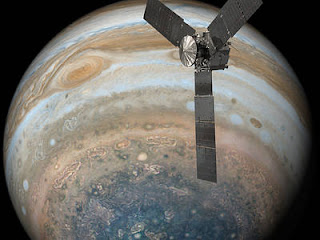Experiment
Experiment
is a procedure carried out to support, refute, or validate a hypothesis. Experiments provide insight into cause-and-effect by demonstrating what outcome occurs when a particular factor is manipulated.
Three key types of experiments are controlled experiments, field experiments, and natural experiments.
Experimental research is research conducted with a scientific approach using two sets of variables. The first set acts as a constant, which you use to measure the differences of the second set. Quantitative research methods, for example, are experimental.
Obtaining good results from a DOE involves these seven steps:
Set objectives.
Select process variables.
Select an experimental design.
Execute the design.
Check that the data are consistent with the experimental assumptions.
Analyze and interpret the results.
Use/present the results (may lead to further runs or DOE's).
1 : a procedure carried out under controlled conditions in order to discover an unknown effect or law, to test or establish a hypothesis, or to illustrate a known law. 2 : the process of testing : experimentation. experiment.
The purpose of the experimental research strategy is to establish the existence of a cause- and- effect relationship between two variables. To accomplish this goal, an experiment manipulates one variable while a second variable is measured and other variables are controlled. 4 basic elements, Manipulation.




Comments
Post a Comment